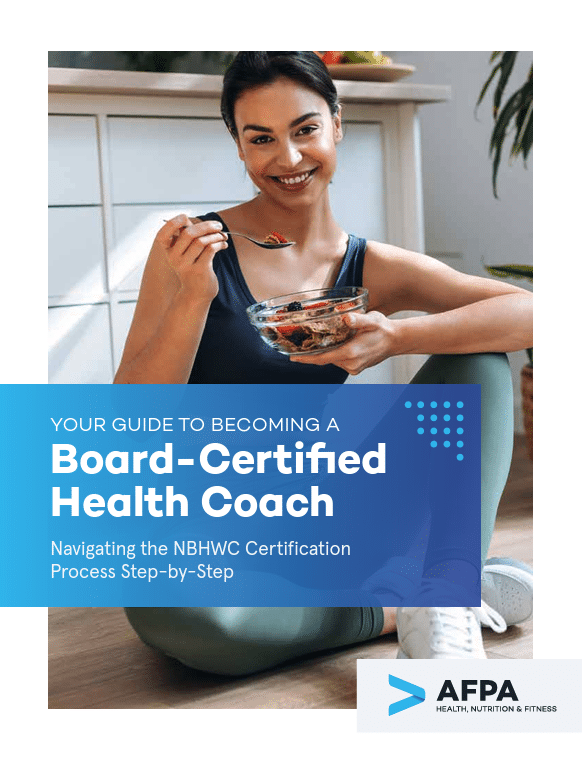As a personal trainer, it’s always important to get to know your prospective clients as much as possible before determining that they’d be a good fit for your services. All too often, however, personal trainers don’t understand the right questions to ask to get a true feel for a potential client.
In general, there are six key personal trainer questions to ask new clients before you think about scheduling them for their first workout session.
1. Do You Have Any Medical Conditions?
This is a vital question to ask upfront because there are certain medical conditions that you simply may not be trained and certified to handle. For example, there are often distinctions between a general personal training certification and certification for training those with diabetes, heart disease, or those who are obese. By starting with a discussion about your client’s medical history, you can make sure you have the training and credentials to help them before getting any further into the consultation.
2. What Are Your Short and Long-Term Goals?
One of the most important things to know about a client is why they’re looking to hire a personal trainer in the first place. This way, you can make sure you’re the right fit to help them meet their short and long-term goals. For example, is your client looking to become more active in the short-term but would someday love to run a marathon? This is important information to have when determining an ideal training and exercise program for their needs.
3. How Much Sleep Do You Get Per Day?
Sleep can have a major impact on achieving fitness results, so you’ll need to know how much sleep your client gets in a typical night in order to help them. Most adults need between six and eight hours per night to function at their peak; if your client isn’t getting enough sleep, your first consultation may need to involve talking about some strategies to get better sleep. Your client needs to understand that the hours they’ll spend in the gym won’t mean much if they’re not taking care of themselves at home. With a dual certification in personal training and health and wellness coaching, you can develop the skills to work with clients to improve behaviors outside of the gym.

Grow Your Income and Impact as a Personal Trainer and Board-Certified Health Coach
4. What’s Your Daily Nutrition Like?
Just like knowing about your client’s sleeping habits, it’s also good to know how they tend to eat. If possible, ask your client to keep an honest food diary the day before your consultation. For this diary, they should write down everything they eat and drink for that entire 24-hour period. This will help you get a better idea of where their nutrition may be lacking and what recommendations you can make to help them achieve their results. For instance, if your client is looking to build muscle, you may recommend incorporating more protein into their diet. If your client is looking to lose weight, these 6 nutrition hacks may help.
5. Are You a Smoker?
Another lifestyle detail that you should know about your client is whether or not they’re a smoker. If they do smoke, ask if they’d be comfortable sharing how many cigarettes per-day they smoke. This will help you when it comes to developing their fitness plan. Of course, you should always encourage your client to quit smoking for the sake of their health, but this can be a turn-off to some clients, so pick and choose carefully how much you want to dwell on this.
6. What Do You Do For a Living?
A person’s occupation can say a lot about how active they are. For example, if you have a client who wants to lose 50 pounds but works at a sedentary desk job for 10 hours per day, then you’re going to need to amp-up those workouts to ensure maximum calorie and fat burn. On the other hand, a client who holds a job as a construction worker is already getting more physical activity throughout the day, so that should be taken into account when determining the right fitness plan.
These are just a few of the most important questions to ask your prospective client during an initial consultation. By doing so, you can get to better know your client, which will in turn help you better serve them as a personal trainer.



